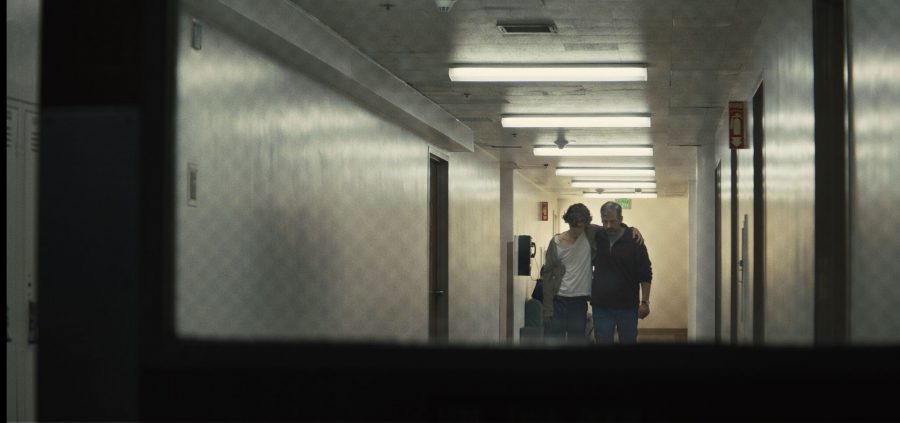Substance abuse has been an essential characteristic of many films throughout the years. Many times, it’s a plot device to create conflict in relationships or only a character trait. Some films have painted an image of substance abuse, but most have not had wide recognition or appeal to audiences. So, it begs the questions: why has substance abuse not taken center stage in commercial films lately? This fall, two Oscar-potential films have illustrated the impact that substance abuse has on people’s lives.
“A Star is Born,” starring Lady Gaga and Bradley Cooper, is the fourth remake of the classic tale outlining a woman’s rise to fame and the slow decline of her husband’s career. “Beautiful Boy,” starring Steve Carell and Timothée Chalamet, chronicles the true story of a father dealing with and trying to help his son overcome his crystal meth addiction.
Perhaps these two films are more commercial than others due to their starpower, but they proudly utilize that platform to speak on issues that are much larger than one or two movies.
Though both films have their flaws (particularly in their screenplays), they do not shy away from portraying images of active drug abuse, constant drinking, substance-induced violence and rehab. But what they unpack amazingly is how one’s addiction affects those around them.
Substance abuse does not affect only the user. Everyone around them is dragged into the whirlwind that they create. In “A Star is Born,” Jackson (Bradley Cooper) falls into complete disarray as the film rushes toward its climax. He pees himself onstage during Ally’s (Lady Gaga) Grammy speech and embarrasses her on live television. But, she tries to find him help, and her love does not waver.
In “Beautiful Boy,” Nic (Timothée Chalamet) clings to his father (Steve Carell) and his family throughout all of his troubles. Nic insults, berates and steals from them, yet they forgive him, love him and try to help him.
Even when substance abuse brings a family to its lowest points, there is still somehow love there. Love is at the center of “A Star is Born” and “Beautiful Boy.” The addicted character in each film acts in a way that should completely alienate and isolate them from everyone else, but their family is constantly looking out for them.
“A Star is Born” ends tragically, but Ally’s love is still undying as she sings the climatic song “I’ll Never Love Again.” “Beautiful Boy” ends on a more hopeful note as Nic falls into his father’s loving embrace.
But the hard lessons of these films are delivered by Maura Tierney’s character in “Beautiful Boy.” As Carell’s character prepares to leave again to look for his son because that’s the only way he can help him, his wife shouts back, “You can’t.” These characters do everything possible to help those they adore, despite addiction’s unwavering grip. These characters are more valiant than any others from recent film history.
Email Matt Markowski at [email protected].


























































































































































